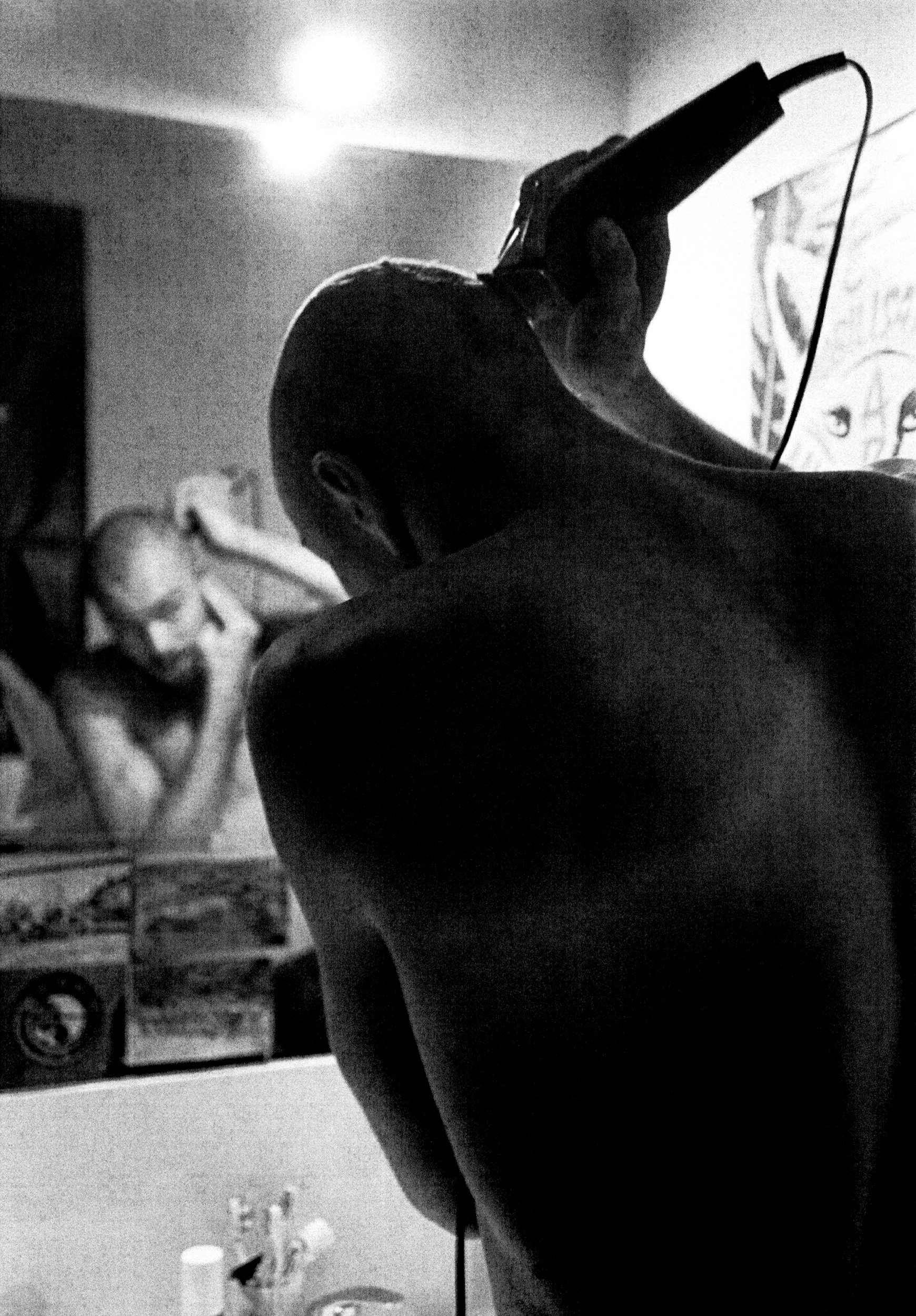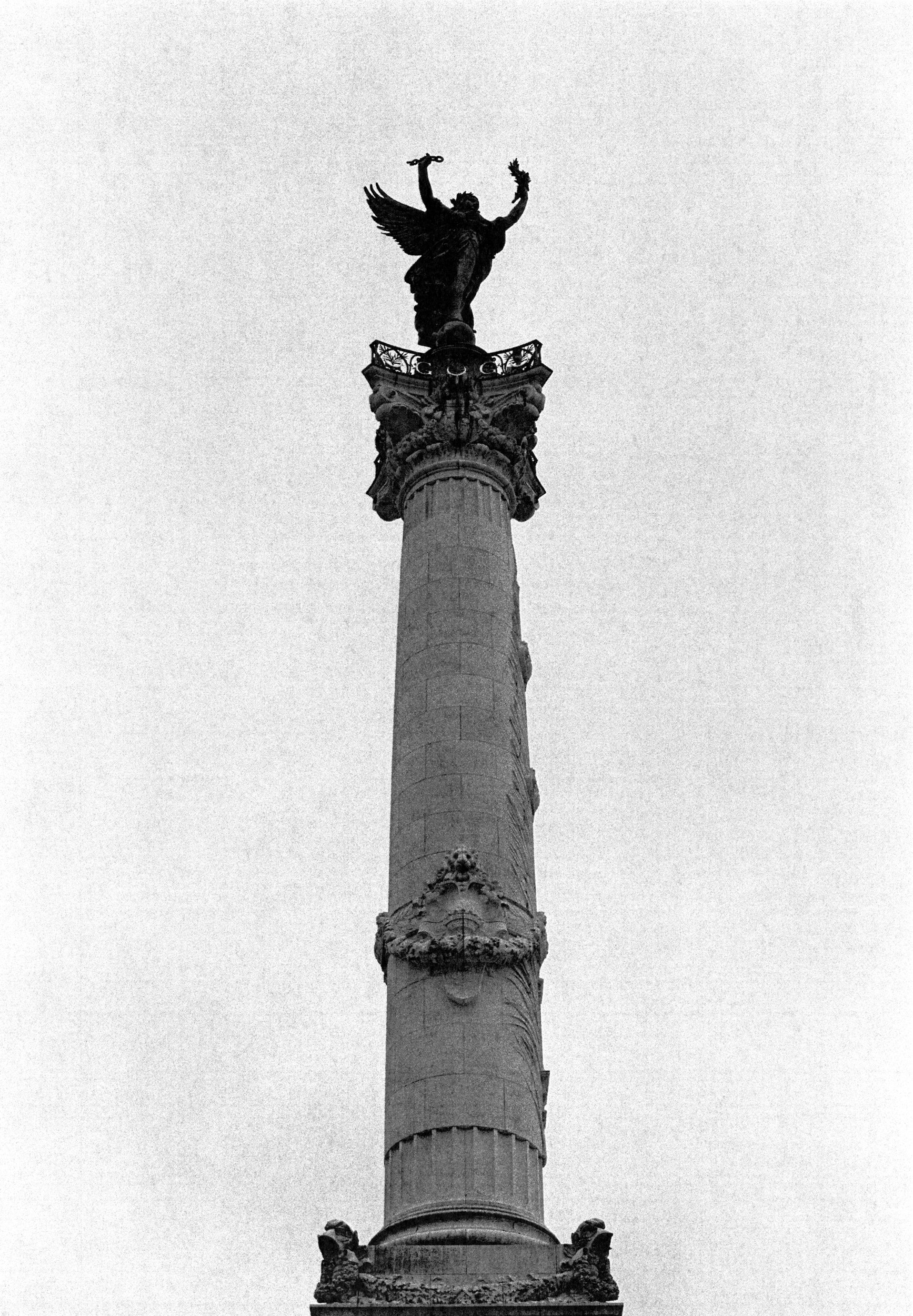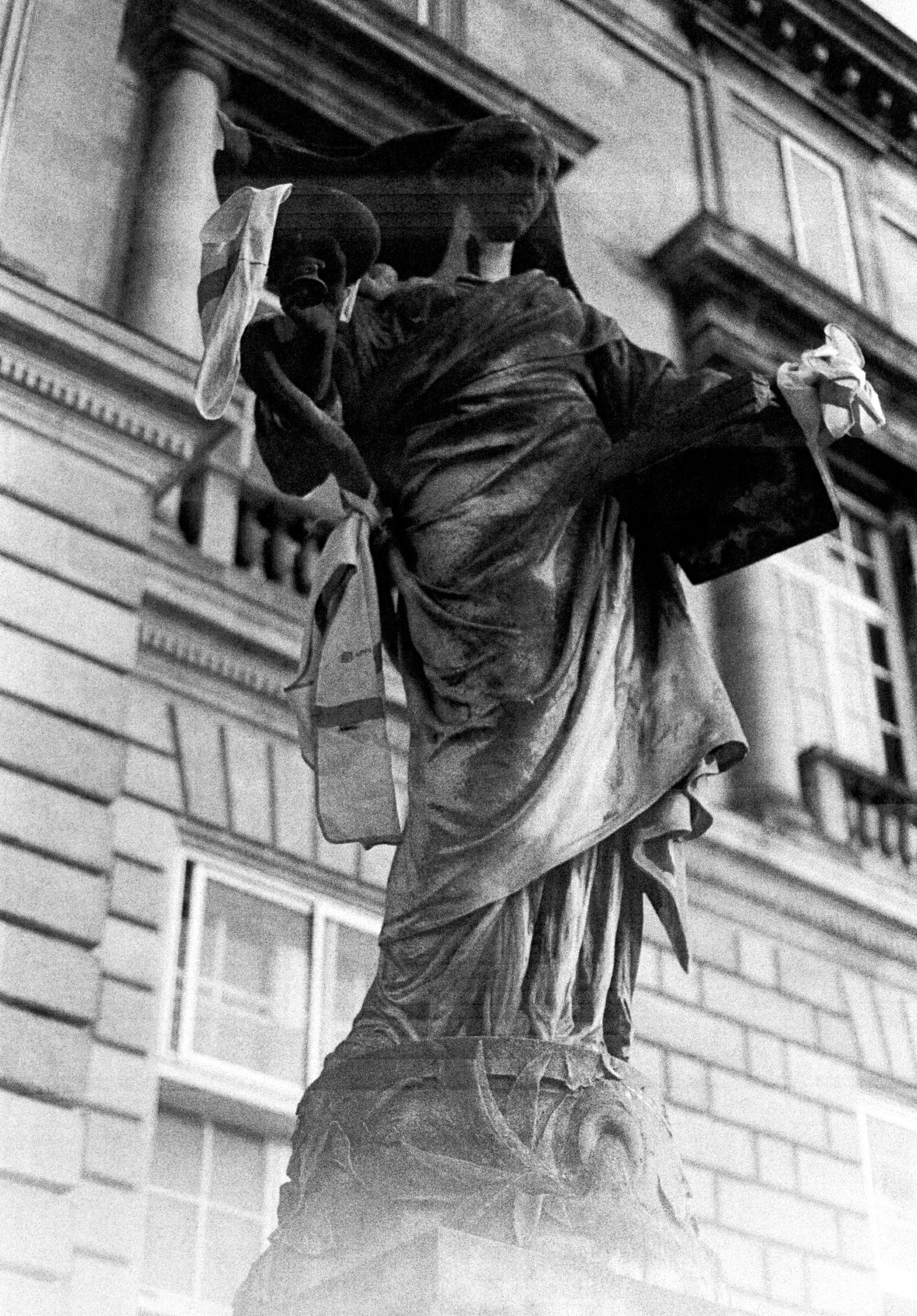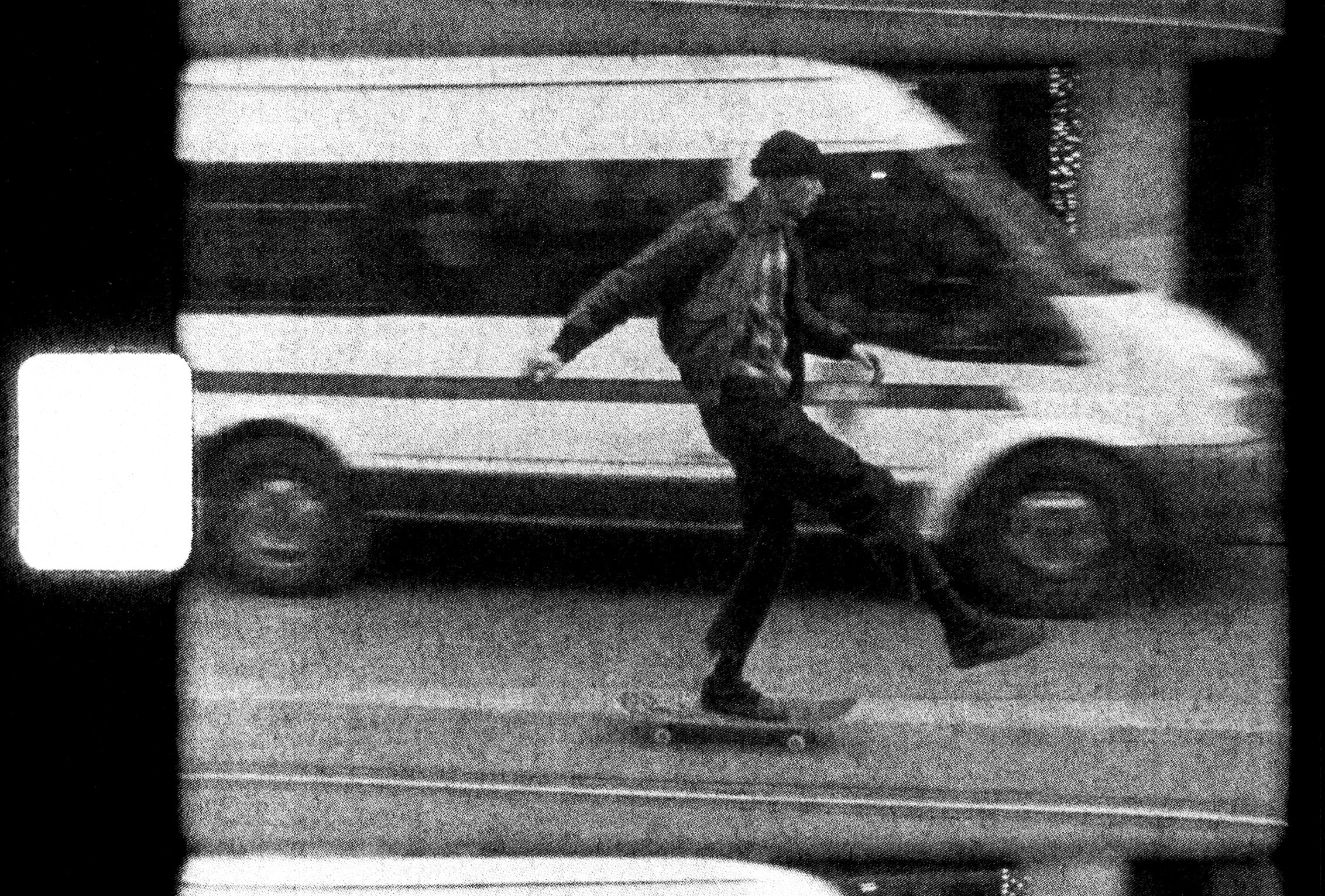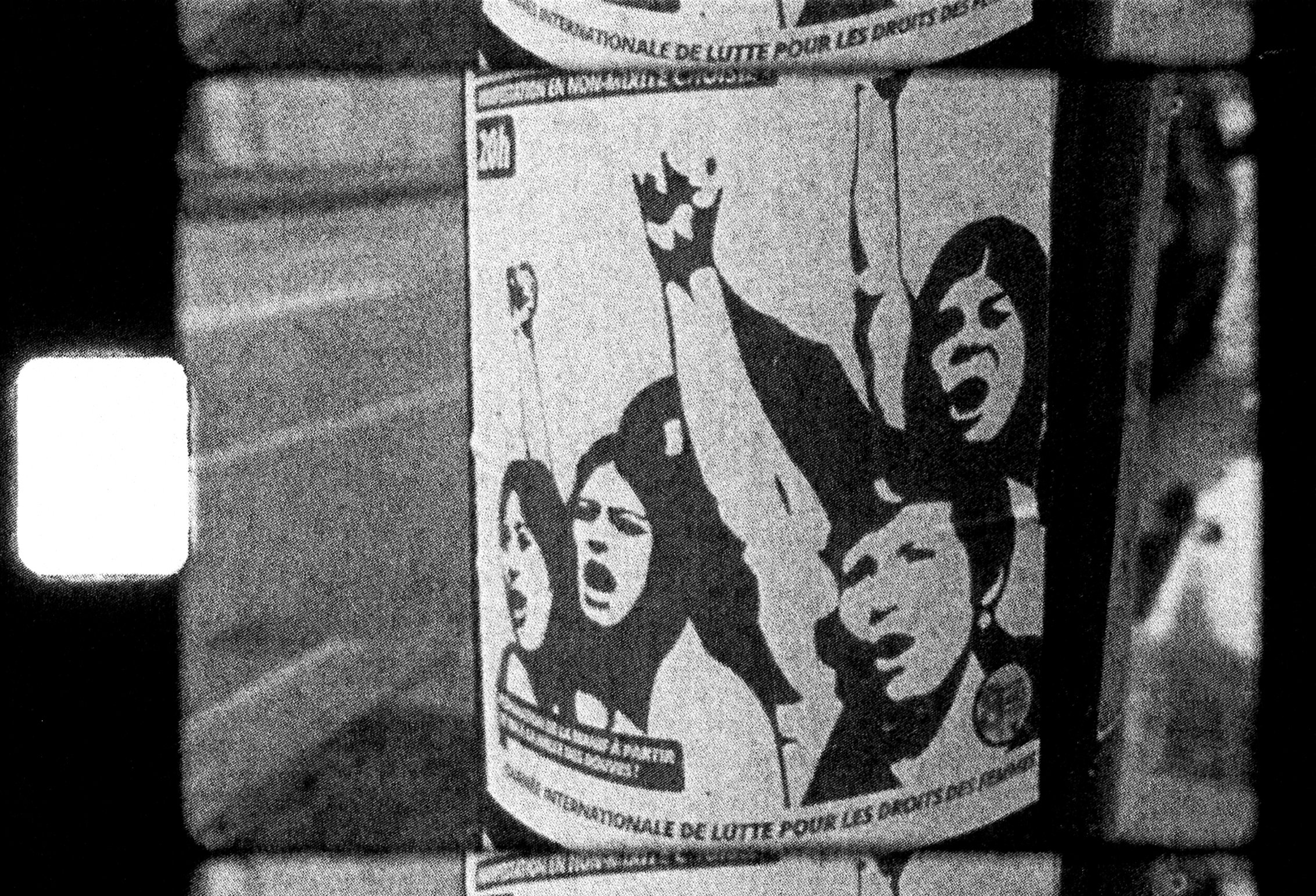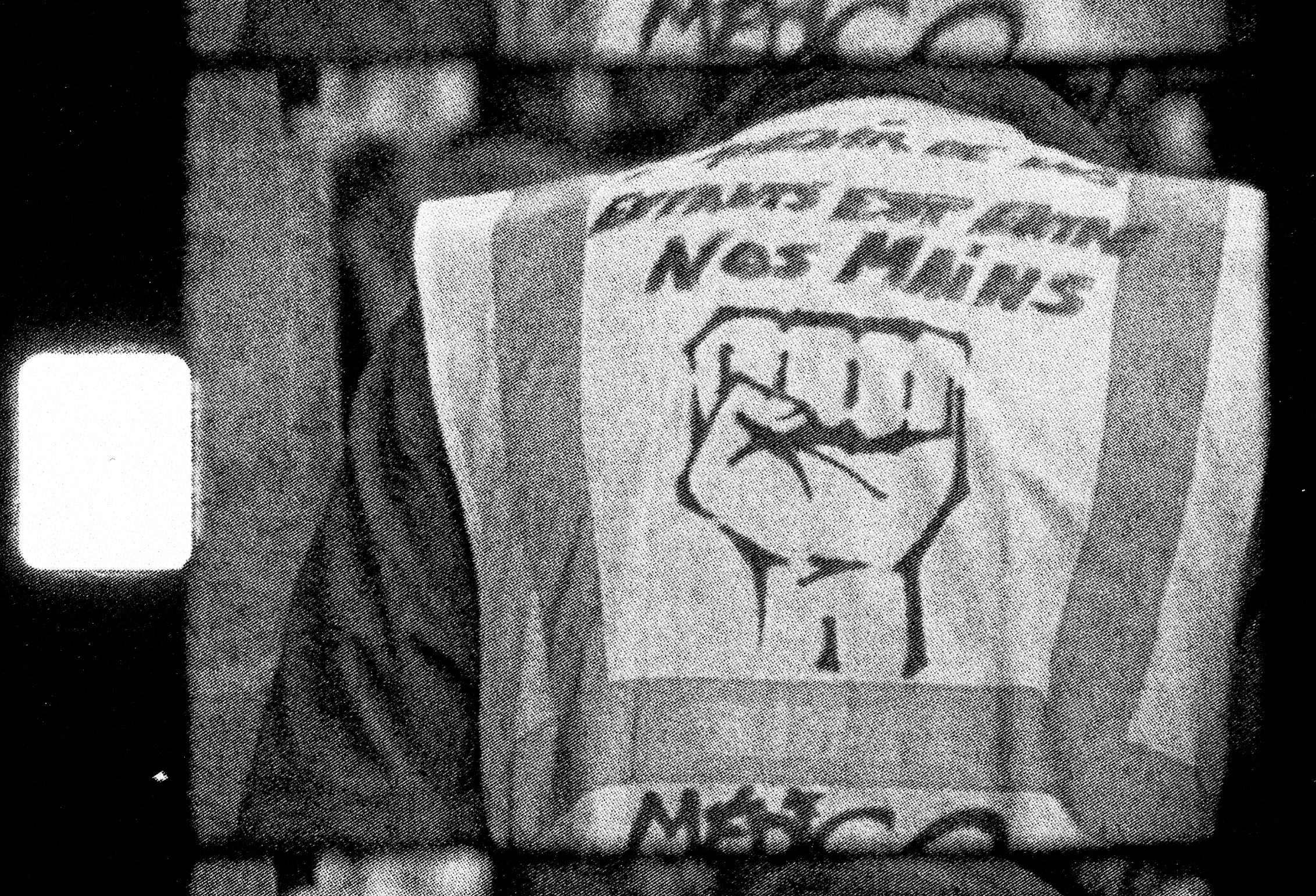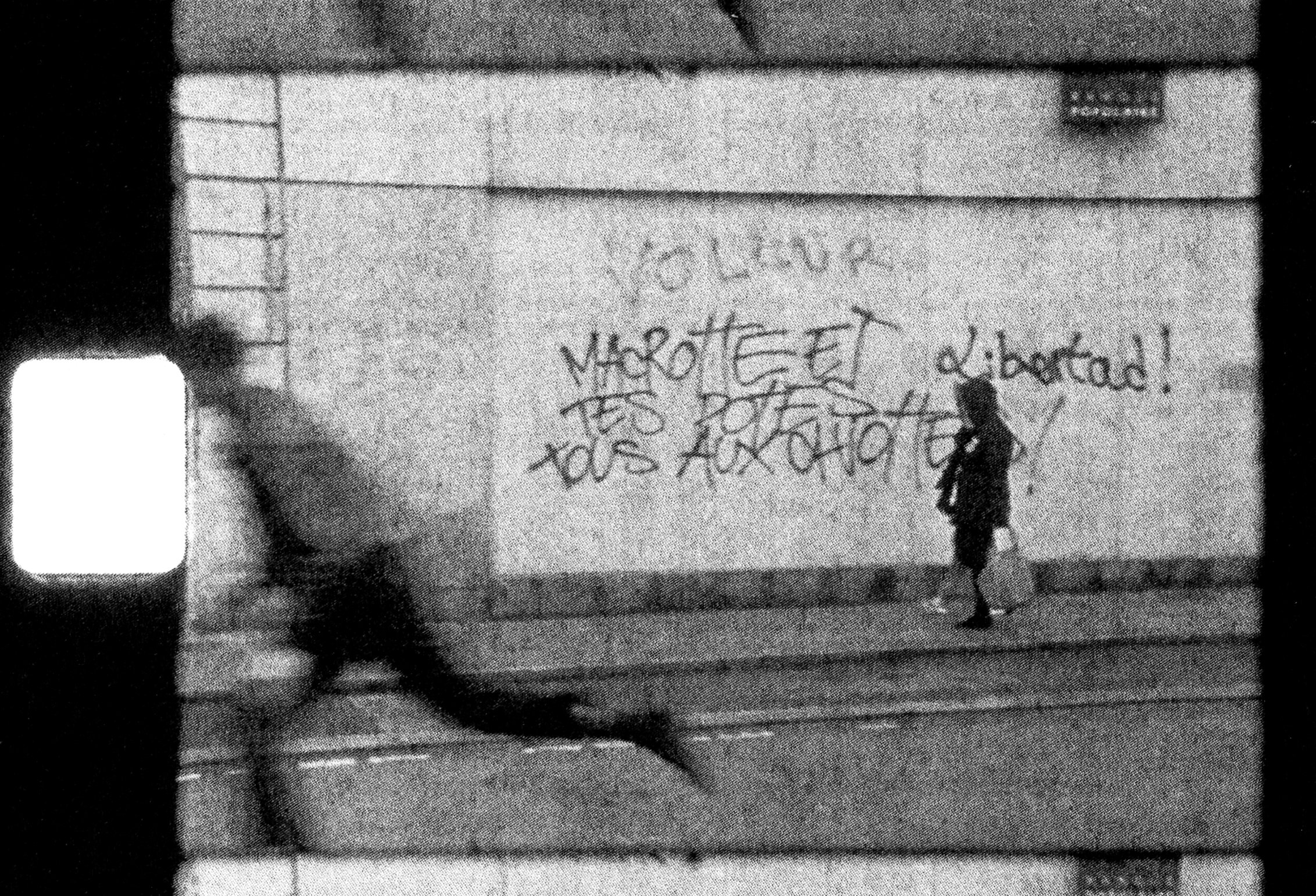Biting The Hand That Feeds
The last time I spoke with Yentl Touboul, he was on the South Coast of New South Wales and I was in Biarritz.
We swapped home countries for a couple of weeks, as he was here filming for his latest surf film Debris Hill and, to be honest, I wish we never swapped back. France is my favourite place on the planet, and I think about ways to pitch a little Monster Children office over there every morning when I wake up. Everything they do over there is so cool and romantic, and Yentl’s latest photography project, Biting The Hand That Feeds, is no different. I caught up with him again for a chat about what he’s been up to.
How is France? Where are you now?
France’s been nice! February was crazy sunny and warm, which has been really enjoyable (although worrying), knowing it’s usually pissing down rain and really cold at this time of the year. I’m currently taking some downtime at home (Guadeloupe), though.
Tell us about the project. What was the inspiration behind it?
The project was born from spending weekends with my friend Gary in Bordeaux over the years winter of 2018 and 2019. I’ve always taken photos of Gary. At first, there wasn’t any plan of doing a project—I was just documenting what we were doing every day.
At that time, Gary lived in a street where thousands of people started protesting every Saturday. It’s hard to imagine now that it’s all over, but when the protests were on, it really was part of everyone’s life (even more if you spent your weekends skating in the streets) as they were so big that you couldn’t escape it. I lived in Bordeaux for four years prior to that, so the city felt very familiar, and seeing how it was being transformed week after week made me want to document this change and how it affected my friend’s life.
Who is your friend Gary?
Who is Gary... Everyone who meets Gary loves Gary! He’s a dear friend of mine and one of the first people I have aimed a camera at. He’s also a great skater and the finest metalhead I know.
Can you tell us about the yellow vest protest for those of us who aren’t from France?
The yellow vest movement started in the winter of 2018 with some of the population becoming unhappy about several things going on in the country, like the drastically increased cost of living, but also deeper issues, like the way the government is run and how power is distributed in France. I’m by no means an expert in political and societal issues, but to cut things short, it ended up being one of the biggest protest movements ever run in France. For a nation that is known worldwide for its strikes, that means something.
Every Saturday for over a year and a half, tenths of thousands of people were marching down the streets of every big city in France. For the most part, the protests were non-violent, but things got heated at times. People were fed up, and like some protests, some people just joined in to cause chaos. A lot of the time, things escalated into violent confrontations with the police. If you lived in a city, you couldn’t escape it. You could be walking to the shop and end up being caught in the middle of it, having to dodge pavement being thrown in the air, or policemen aiming at you with their flash ball guns. It was a pretty brutal time and a major period in France.
Why the title?
The title came from the feeling of contradiction that was omnipresent at the time of shooting the photographs. There was a lot of anger at that time in France. Anger against the government, anger against the protesters and the people who were part of the strikes, anger against the police... The whole society was very polarized, and everyone felt like they had to share their opinion, but at the same time, most people were also very confused about what was happening and who to blame. You can interpret the title in different ways depending on the context you place it in and hopefully, it gives people clues to some of the themes I tried to encapsulate in the book.
You put out a little film to accompany the release of the book. Beautiful, by the way. I like that skating mixed in amongst the protests. Do you think skating still exists as a rebellious act now, considering all things Olympics and mainstream exposure?
Thank you! I think skateboarding is whatever you see it. It has become so big and diverse in the past few decades that it’s hard to call it rebellious or not; it just depends on the way you do it. In a way, street skating will always be rebellious as it’s practiced in places where it’s forbidden still most of the time, and you still annoy a shitload of people when doing it. We weren’t using it as a sign of rebellion, though... We just happened to be doing what we were doing every other weekend and got caught in the midst of protests.
Do you have a preference between motion and still? What are your favourite aspects of each that perhaps the other doesn’t convey?
It’s funny, photography and filmmaking are so close but also so different. I love making videos, and the fact that it’s a mix of visuals and music/sound is really special to me. Also, films are usually more long-term/collaborative processes, which I enjoy a lot.
In saying this, still photography is unique in its own way. There’s much more left to the interpretation of the viewer, as usually you aren’t given the full context behind a photograph, and that’s part of the magic. You usually have more time to look at the image itself and imagine the context in which it was taken, and almost create the story for yourself. One thing’s for sure is that shooting stills is way more straightforward than shooting video, just because of the amount of gear and post-production work necessary to make a film. Working on this one was fun in that regard because apart from the few times when I had my Super 8/16mm cameras with me, I was just skating around with an SLR around my neck, and that was it.
You’ve also got a track record for independently releasing projects—what’s some advice for someone up and coming potentially looking to do the same?
I guess it comes down to motivation... Self-funding these projects can be tough considering the cost of everything involved—film, processing/scanning, or screen printing for this matter—and the time necessary to make things happen. You need to be prepared to invest a lot in both. Ultimately if you really believe in an idea and think what you envision is feasible, I think it’s always worth it. I’m lucky to work on fun commissioned projects for the most part, but I still think that doing these personal projects is key to staying creative.
What is a dream project for you? Like, is there a surfer or skater or whoever that you really want to work with, a place you really want to go?
That’s not the kind of thing you’re meant to let out in an interview, right? Haha! I’ve worked/am currently working on several surf videos, so I’d be pretty keen to work on a documentary outside of the surfs/skate sphere.
What’s the most important trait for someone in your industry to have?
It kinda depends on what you want to pursue, as the traits of being a good documentary filmmaker differ completely from the ones of being a good producer, a surf photographer...etc.
I think that curiosity is an essential trait for both filmmaking and photography, whether it’s a curiosity for what/who is around you but also curiosity about the mediums themselves.
Merci Beaucoup, Yentl.
Buy a copy of Biting The Hand That Feeds here. Limited editions have been printed.






